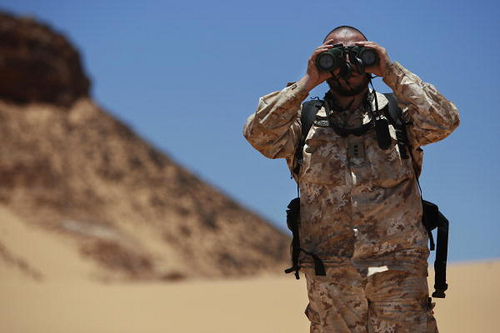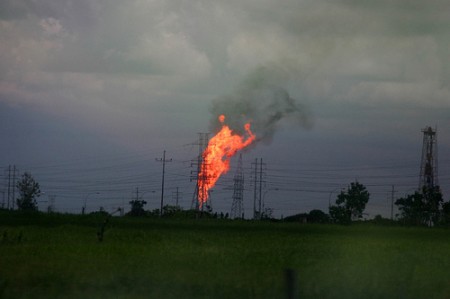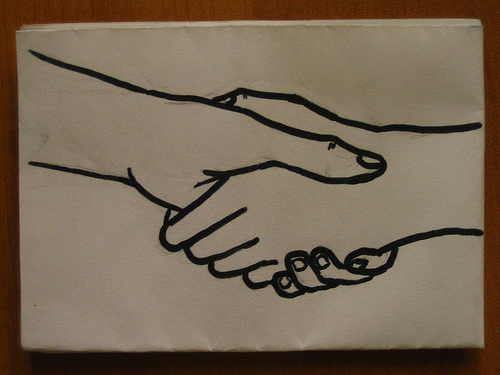
Resource-rich Western Sahara is at the top of the news this week, and the “last colonial conflict” in Africa is definitely an issue to watch.
Al Jazeera’s bureau in Morocco was closed down two weeks ago by the authorities. The news network gave its coverage of the Western Sahara issue as one of the main reasons. So if the Moroccan government doesn’t want us to know about what’s going on there, chances are it must be something interesting and worth digging deeper into.
Representatives of Morocco, the Polisario Front, Algeria and Mauritania are currently gathered in New York for a round of UN-brokered informal talks in an effort to end a conflict that has its roots in the 1970s. Just before the talks started, a raid by Moroccan forces on a Western Saharan refugee camp left dozens injured and four dead.
Western Sahara is likely to gain strategic importance as world reserves in phosphate are depleted, because it is one of the few regions in the world to hold large quantities of this key fertilizer. Moreover, the region possesses significant fisheries and offshore oil reserves, raising the strategic stakes further.
Morocco doesn’t want to let go of such a treasure vault, but the Polisario front has been pressing for a referendum on the independence of the region for years. The UN, on the other hand, has been monitoring a ceasefire between the two parties since 1991, keeping a fragile and unsustainable ‘peace’ of sorts in place.
But what does the recent raid and the closing down of Al Jazeera’s Morocco bureau say about Moroccan tactics in Western Sahara and will negotiations this time lead anywhere?
To learn more about the background to this conflict, explore our Digital Library holdings on Western Sahara. Some resources worth highlighting include:
- A policy brief by the United States Institute of Peace (USIP) outlining why the mediation process by the UN is not working
- This situation report by the Institute for Security Studies (ISS) presenting the perspectives of both Morocco and the Polisario Front on the conflict
- This report by International Crisis Group describing the costs of this protracted frozen conflict


